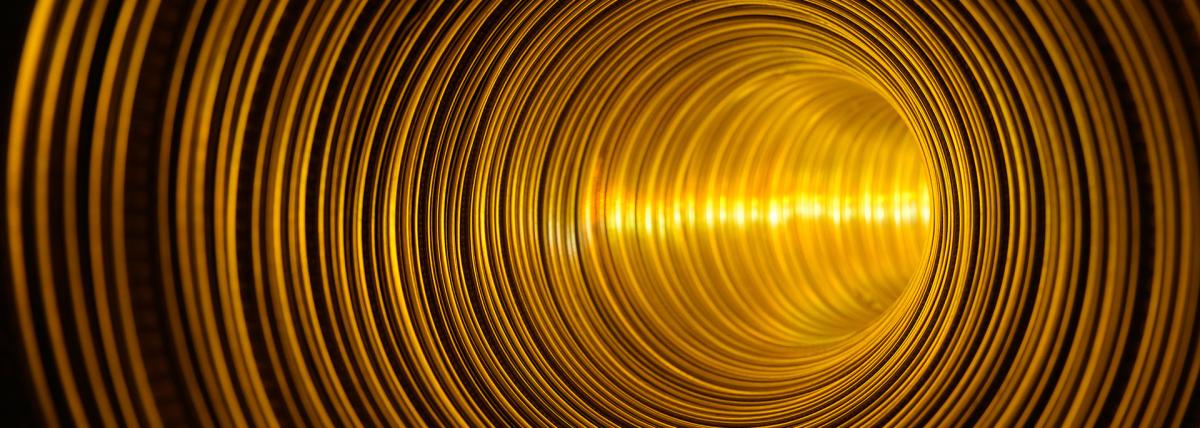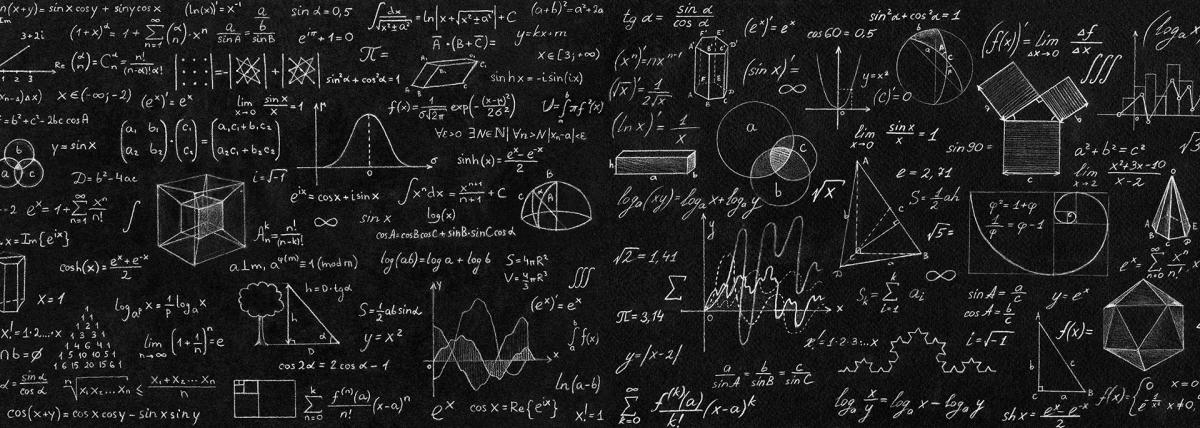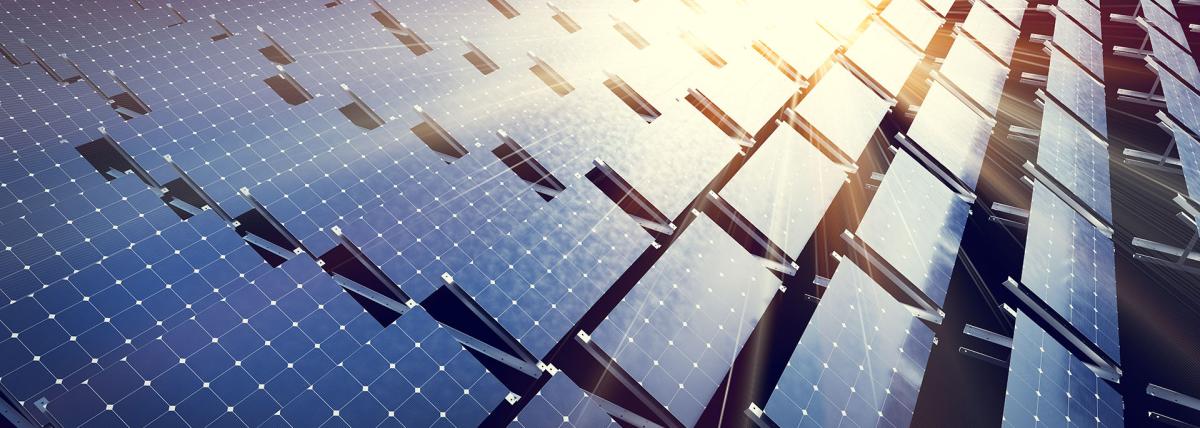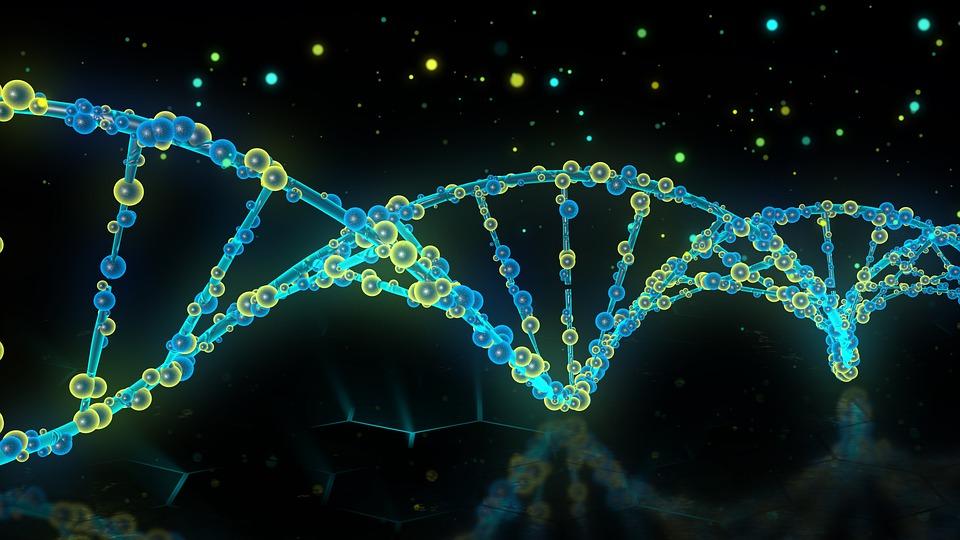
Students will experiment with electromagnets and building them using a 3D model. They will collect data and analyze the data. Students will experiment with 4 different types of batteries and create

Students utilize the Engineering Design Process to create a sailboat! Students must design and build a sailboat that will get them from one end of the channel where they are stranded to the other. It

This lesson will provide students with the opportunity to research and design their own roller coaster. This will give them the experience to understand how gravity works on Earth and why people are

In this creative lesson, students will design and build a Rube Goldberg Energy Transfer Project. They will work within a group over 1-2 weeks and create a presentation to demonstrate the energy

After learning about solar, students will create a solar-powered device that can be used by the community. Students work in groups to engineer a device and present the final product to the class.

This lesson has students build a half adder, a fundamental building block for digital computers. This is a hands-on lesson that includes resources.

Students will discuss current baseball teams names and mascots. Then students are tasked to design a new team name/logo/mascot for a city/state that does not currently have a major league team

In this engaging and hands-on lesson, students will examine the Gold King Mine spill on the Animas River in Colorado before creating a model watershed in order to develop an explanation of human

Students use Google Earth Timelapse to observe changes to glaciers over time before completing an investigation on the effects of melting sea ice and land ice on global sea level rise. This

Students will learn about what a batting average is in baseball. They will learn how you calculate it and represent it as they do in baseball. Students will also track hits and what results from them

Students will look at structures that allow animals to safely cross a roadway in this lesson. After reading "Crossings: Extraordinary Structures for Extraordinary Animals", they will research an

This STEM lesson focuses on technology and engineering. It was written for 6th through 8th grade, but it can be adjusted to fit other grades. It was made for groups of 3-4, it could be used for a

Students use Sphero Robots to create chariots that race in the classroom. Students utilize social studies, science, technology and engineering to complete this project. Links to resources are included

This hands-on lesson uses a Modeling Instruction approach to experimental design and analysis leading students to develop the graphical and mathematical relationships for accelerated motion, or

Students use their knowledge of electric circuits to create light up greeting cards using LED lights. Students will understand that positives and negatives need to follow each other to create a

This is a phenomena-based lesson where students will create a model to demonstrate the earth’s rotation during each season to investigate the change in light during the seasons. Links to resources are

What will the transportation of the future look like? What types of engineering or technology will vehicles feature? These Physics lessons explore both established and alternative forms of

What will houses of the future look like? This Physics project-based lesson helps students explore what houses of the future might look like based on their geographical locations and climate. Students

This engaging lesson allows students the opportunity to employ prior knowledge while demonstrating knowledge of various standards in an inter-disciplinary, hands-on lesson. The utilization of data

I can use the engineering process to create a shock absorbing system that will protect two “astronauts” in a lander as it is dropped from various heights on the moon.

This is the second part of the 5E lesson Greenhouse Gases and the biosphere. It contains the Explain and Elaborate sections of the lesson. Students will be using computers to gather more information

This is a four-part lesson that will guide students in groups to create a trackless dark ride. A dark ride is a ride where engineers utilize characters, scenes, and music to tell a story to the rider

This is a four-part lesson that will guide students in groups to create a trackless dark ride. A dark ride is a ride where engineers utilize characters, scenes, and music to tell a story to the rider

This is a four-part lesson that will guide students in groups to create a trackless dark ride. A dark ride is a ride where engineers utilize characters, scenes, and music to tell a story to the rider
